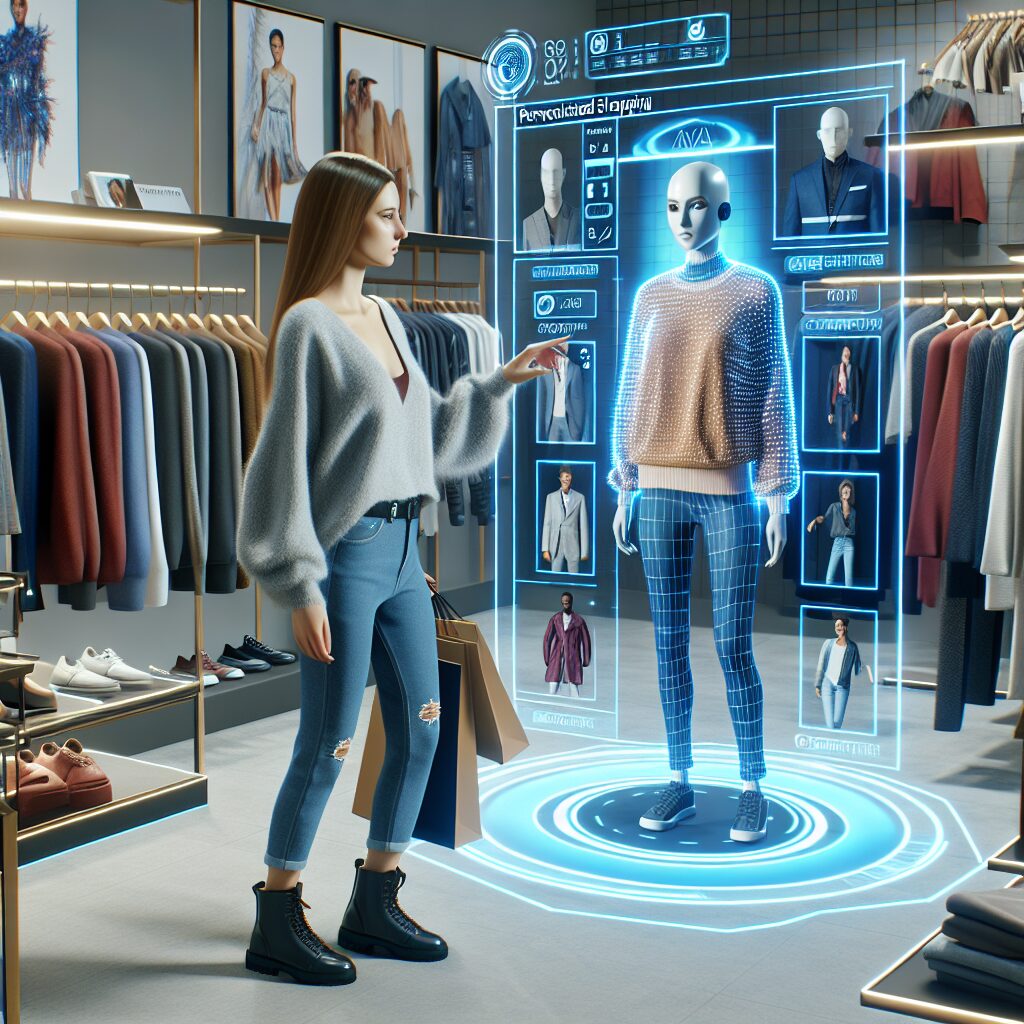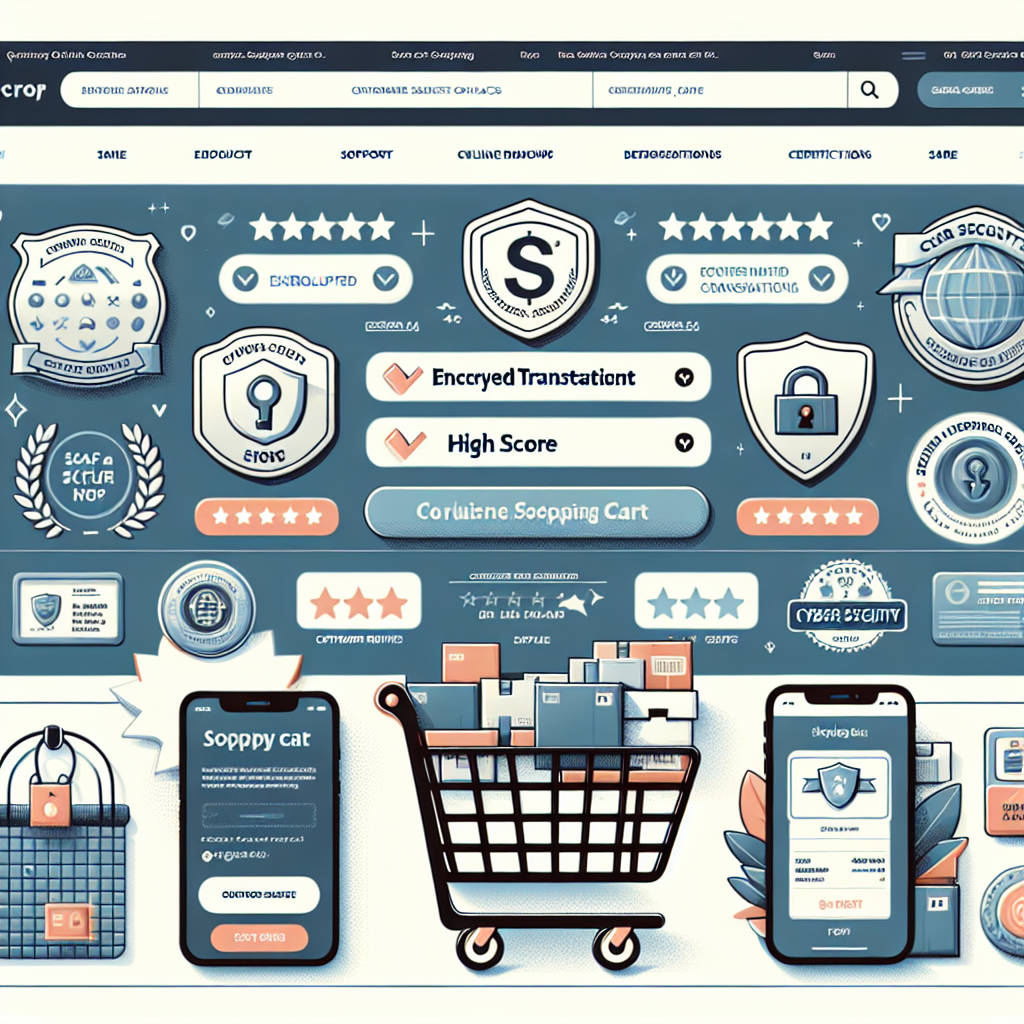
The Role of AI in Personalized Shopping Experiences
Artificial intelligence (AI) has become an integral part of our lives, revolutionizing various industries, including the retail sector. One area where AI has made a significant impact is in personalized shopping experiences. Gone are the days of generic recommendations and one-size-fits-all marketing strategies. With AI, retailers can now offer tailored experiences that cater to the unique preferences and needs of individual customers.
So, what exactly is the role of AI in personalized shopping experiences? Well, it starts with data. AI algorithms are designed to analyze vast amounts of data, including customer behavior, purchase history, and even social media activity. By understanding these patterns, AI can identify individual preferences and make accurate predictions about what customers are likely to buy.
This data-driven approach allows retailers to create personalized recommendations that are highly relevant to each customer. For example, if a customer frequently purchases running shoes, AI algorithms can suggest complementary products such as running socks or fitness trackers. By understanding the customer’s preferences and needs, AI can enhance the shopping experience by offering relevant and useful suggestions.
But AI doesn’t stop at recommendations. It can also be used to personalize the entire shopping journey. For instance, AI-powered chatbots can provide real-time assistance to customers, answering their queries and guiding them through the purchasing process. These chatbots are trained to understand natural language and can provide personalized responses based on the customer’s specific needs.
Furthermore, AI can also be used to optimize pricing strategies. By analyzing market trends and customer behavior, AI algorithms can determine the optimal price for a product that maximizes sales and profitability. This dynamic pricing approach ensures that customers receive fair prices while retailers can maximize their revenue.
Another way AI enhances personalized shopping experiences is through virtual try-on technology. With AI-powered virtual try-on, customers can see how a product would look on them without physically trying it on. This technology uses computer vision algorithms to analyze the customer’s image and superimpose the product onto their body. This allows customers to make more informed purchasing decisions and reduces the likelihood of returns.
Moreover, AI can also be used to personalize marketing campaigns. By analyzing customer data, AI algorithms can identify the most effective channels and messages to reach individual customers. This targeted approach ensures that customers receive relevant promotions and offers, increasing the likelihood of conversion.
In conclusion, AI plays a crucial role in creating personalized shopping experiences. By leveraging data and advanced algorithms, retailers can offer tailored recommendations, optimize pricing strategies, provide real-time assistance, and even enable virtual try-on experiences. This not only enhances the customer’s shopping journey but also benefits retailers by increasing customer satisfaction and driving sales. As AI continues to evolve, we can expect even more innovative ways to personalize the shopping experience, making it more enjoyable and convenient for customers worldwide.

